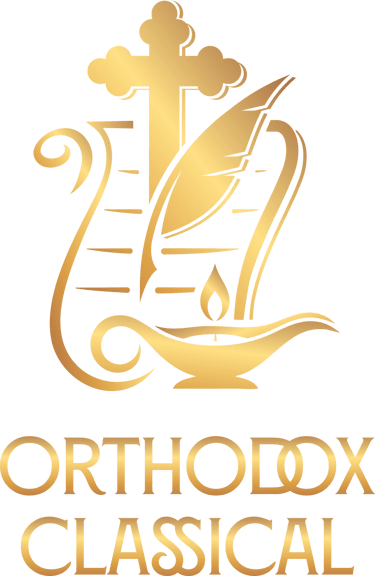
1. We believe the Holy Scriptures are “God-Breathed” and are reliable “for doctrine, reproof, correction and instruction in righteousness” (2 Ti 3:16)
2. We believe that Scripture is not subject to “private interpretation” (2 Pe 1:20), and we affirm that God intended the church to hold fast to the truth handed down in Scripture as a community, not as isolated individuals. We believe the admonition of St. Paul about Tradition was true in the ancient church and remains true today: “stand fast and hold the traditions which you were taught, whether by word or our epistle.” (2 Th 2:15)
3. We believe that the apostles and their successors followed the Apostle’s admonition: “the things that you have heard from me among many witnesses, commit these to faithful men who will be able to teach others also.” (2 Ti 2:2)
4. We believe that the writings of the ancient Fathers are uniquely valuable part of the historic Christian faith due to their proximity in relationships, time, place, tradition, culture, language, and world view to the message handed down by Christ and the Apostles. In many cases, they gave their lives to faithfully preserve the faith that was handed down to them. The writings of the fathers give us a unique window into the faith, practice, and spirituality handed down by Christ and the Apostles and preserved in the ancient church.
5. We believe the Nicene Creed is an accurate definition of the Trinitarian doctrine defined in Scripture and handed down from the Apostles.
6. We believe the Creed of Chalcedon is an accurate definition of the Christological doctrine defined in Scripture and handed down by the Apostles that Christ is fully God and fully man.
7. We believe that God’s will and God’s truth are absolute, eternal and unchanging. We believe that the truth God revealed in ancient times remains true today.
8. We believe all professing Christians ought to embrace the faith of the first millennium as part of their own history. Neither side of the Great Schism nor the Protestant Reformation claimed to be renouncing the faith of the ancient church. Each side claimed to be preserving the ancient faith laid down by Christ and the Apostles.
9. We are committed to making the faith, practice, spirituality, and history of the first millennium accessible to the modern world, believers and unbelievers, clergy and laity, through primary sources including Scripture, the writings of the fathers, and the historical record about the ancient church.
10. We are committed to communicating the ancient faith, practice, and spirituality of the church through the actual words of the fathers and of Scripture, not modern explanations of what we think the fathers were saying. We embrace apophatic theology, recognizing that God is beyond our comprehension and human language. Toward that end, we try to use the Divinely inspired words of Scripture and time-tested terminology of the ancient church when communicating about the Divine and the Spiritual realm. Above all, we avoid speculation and innovation.


